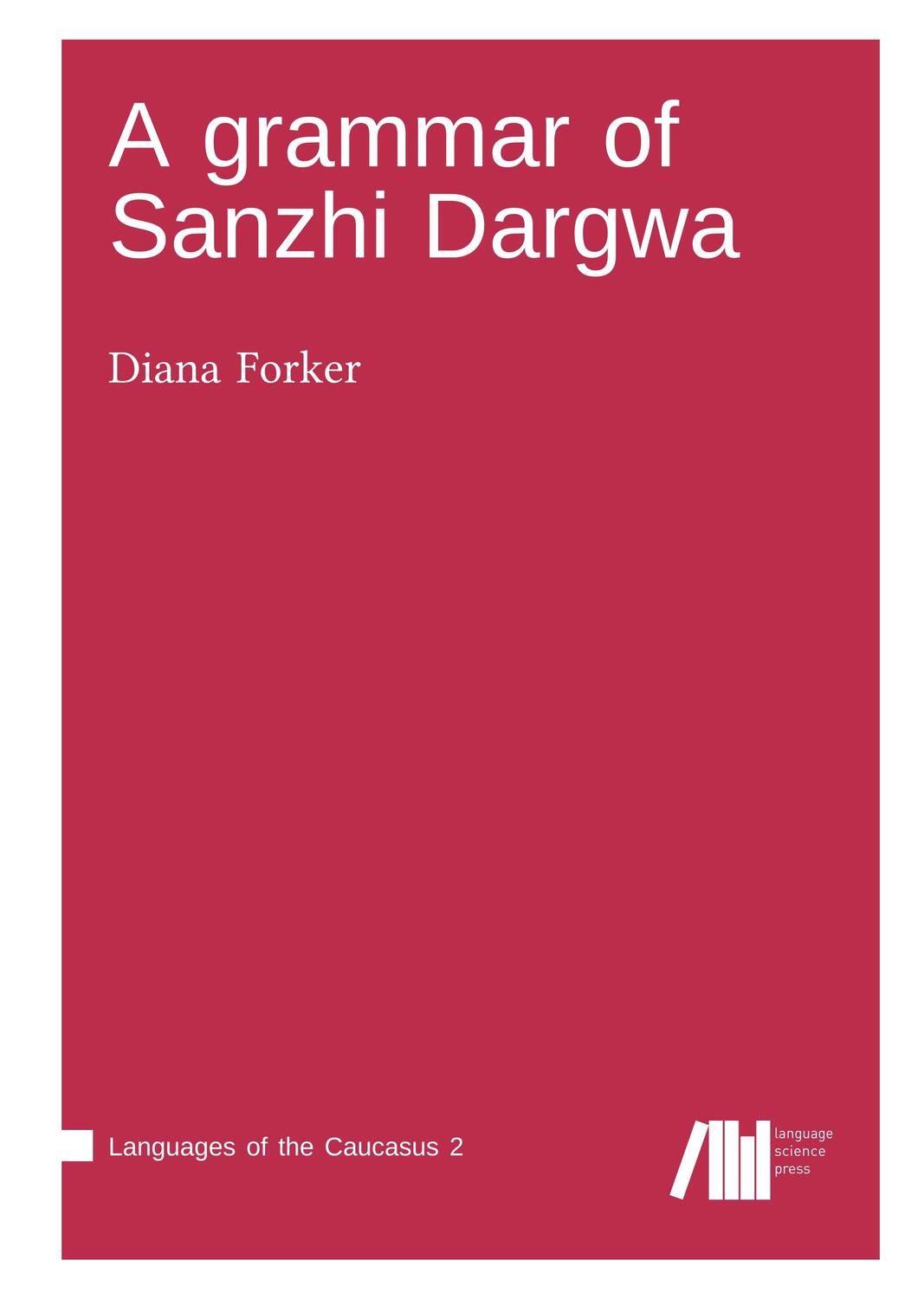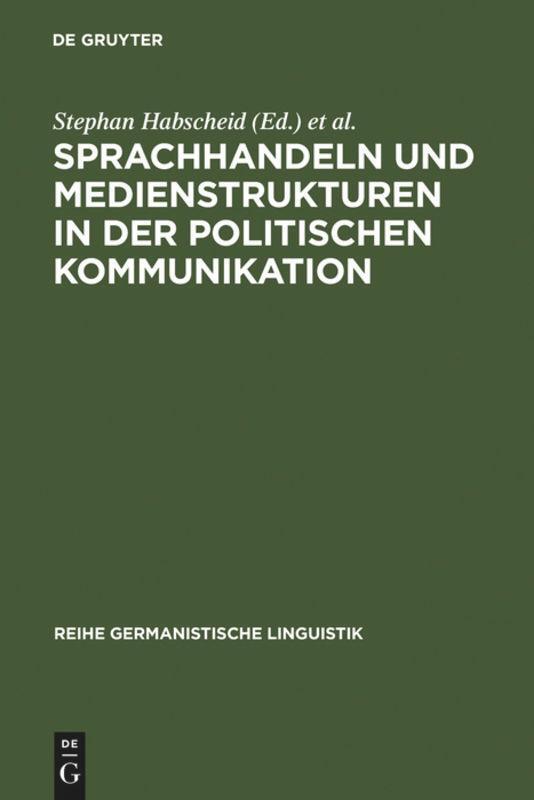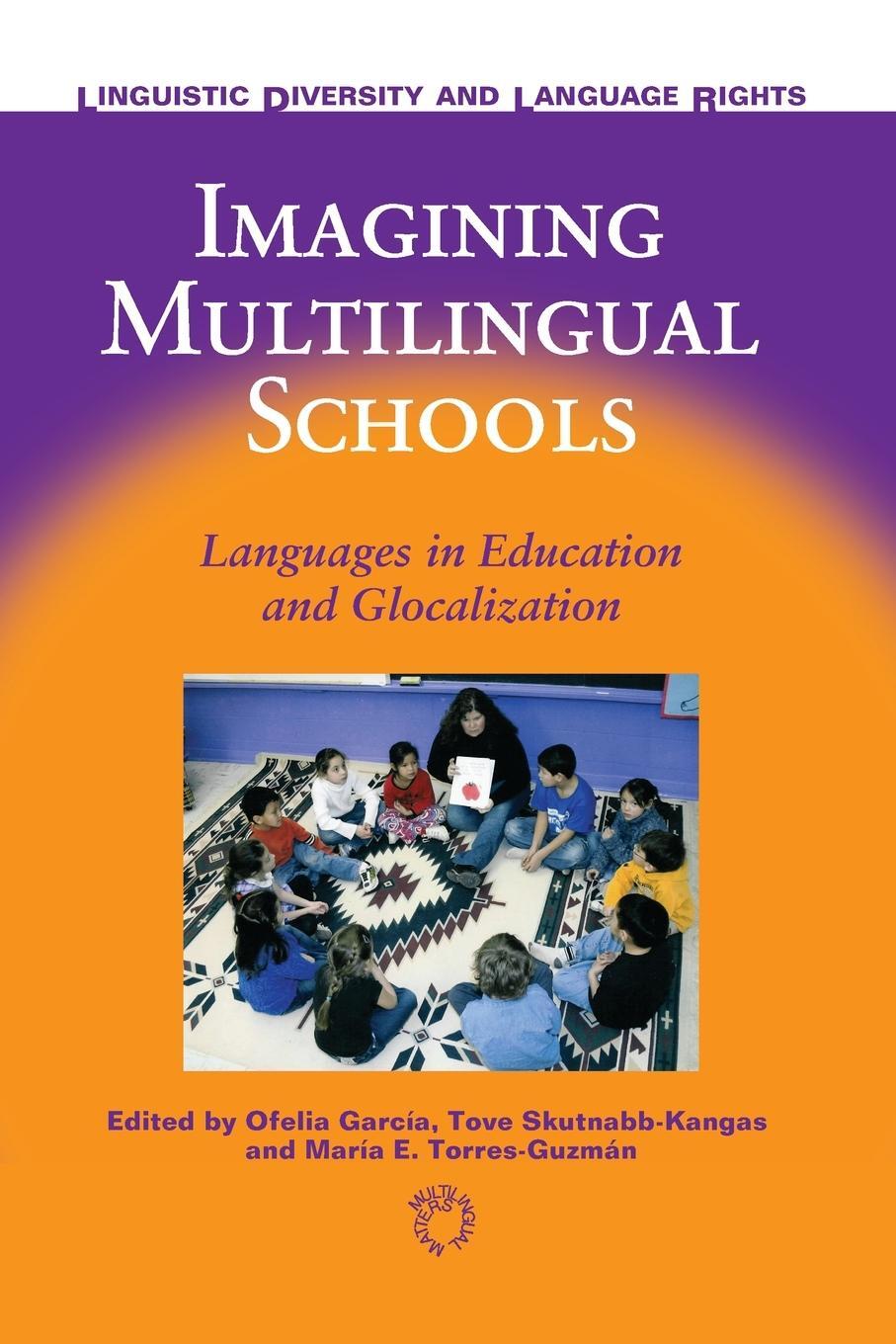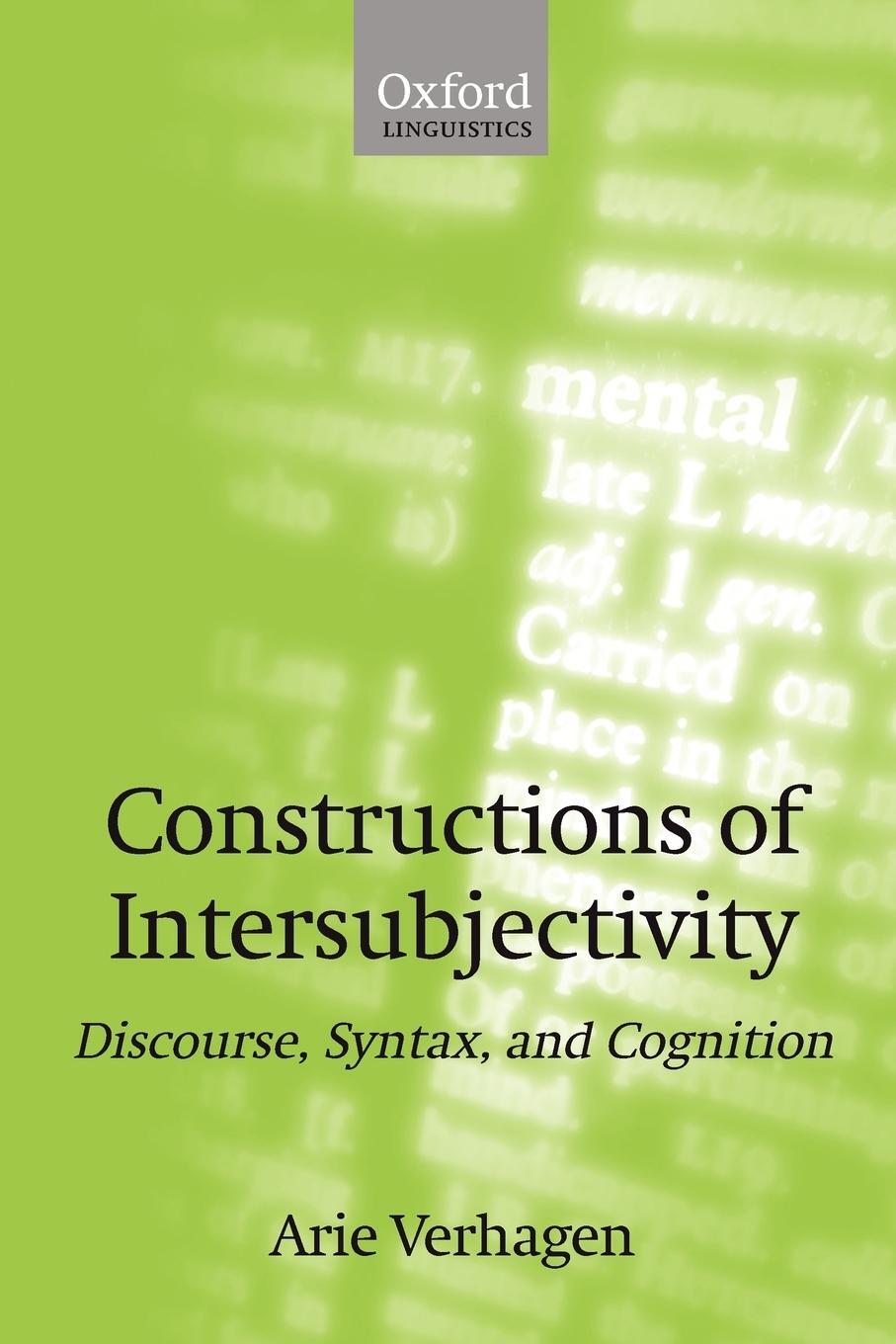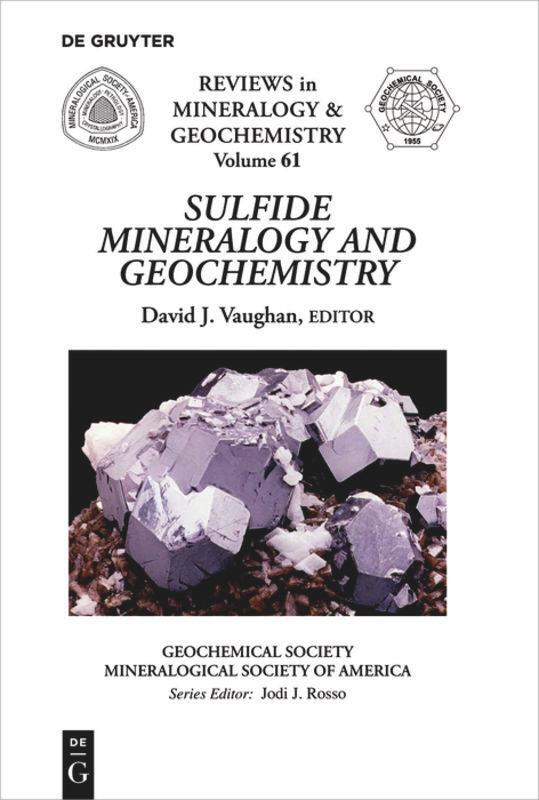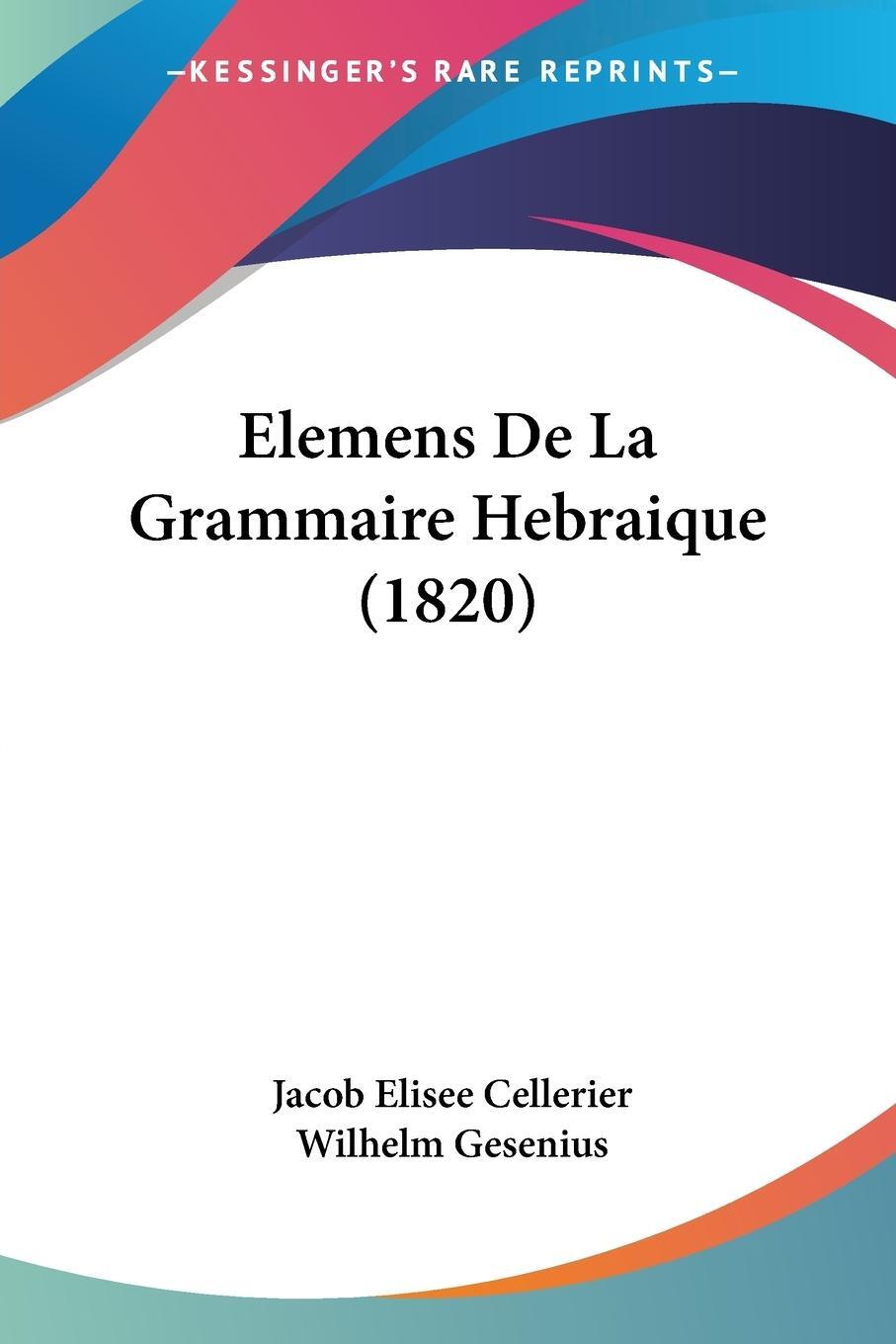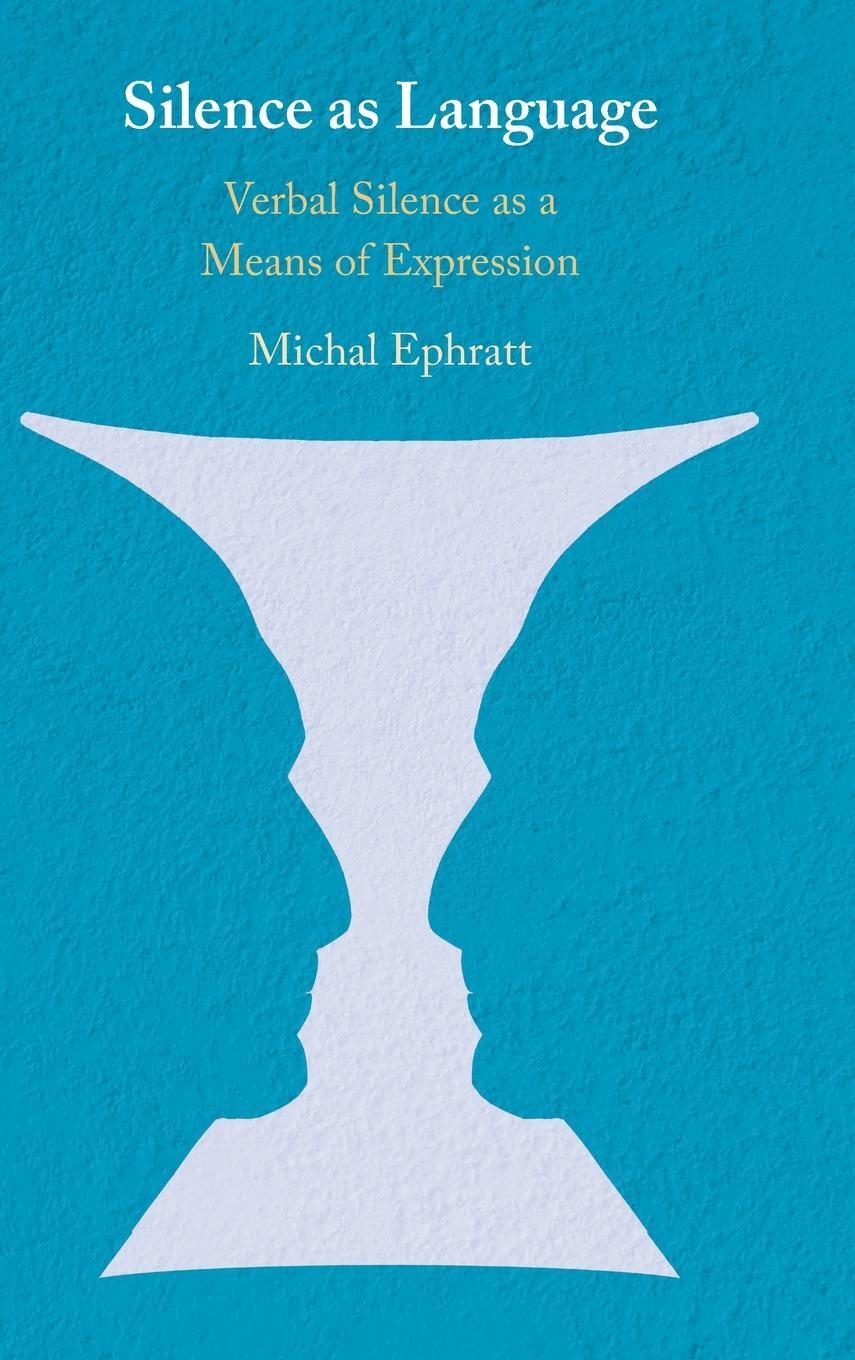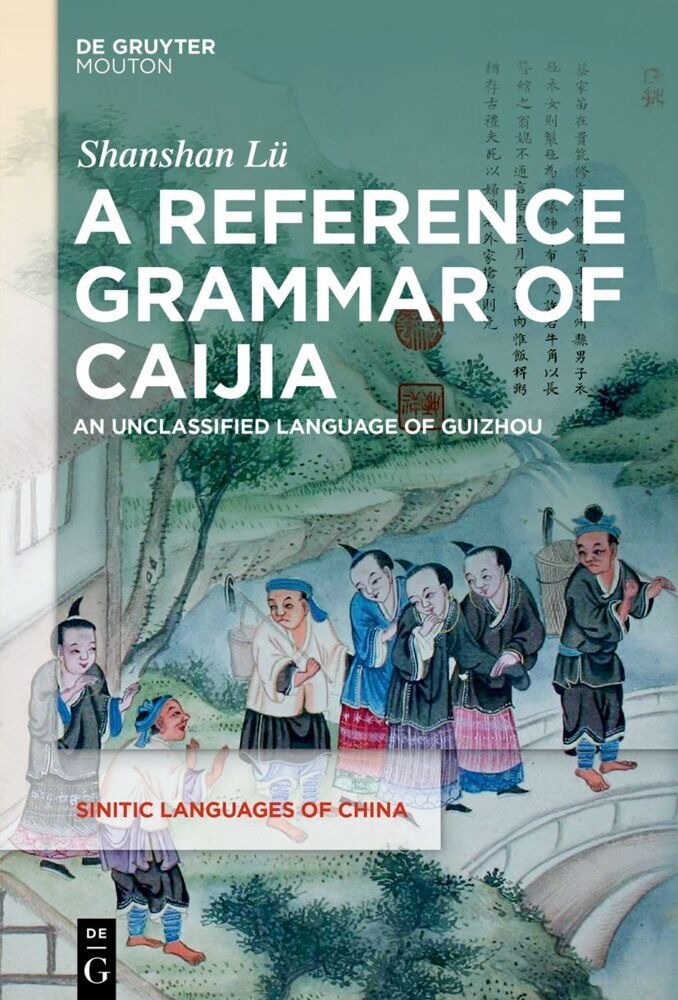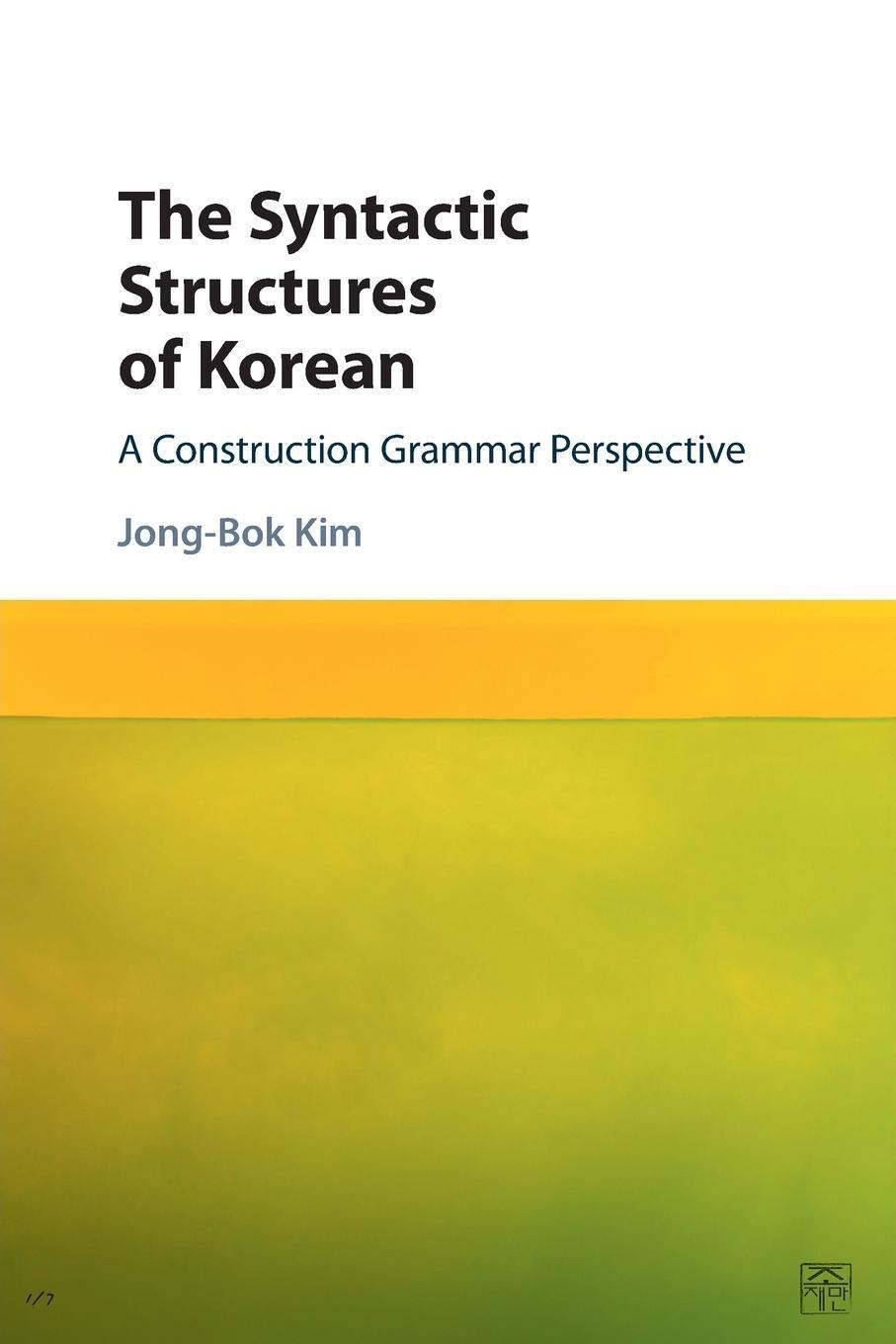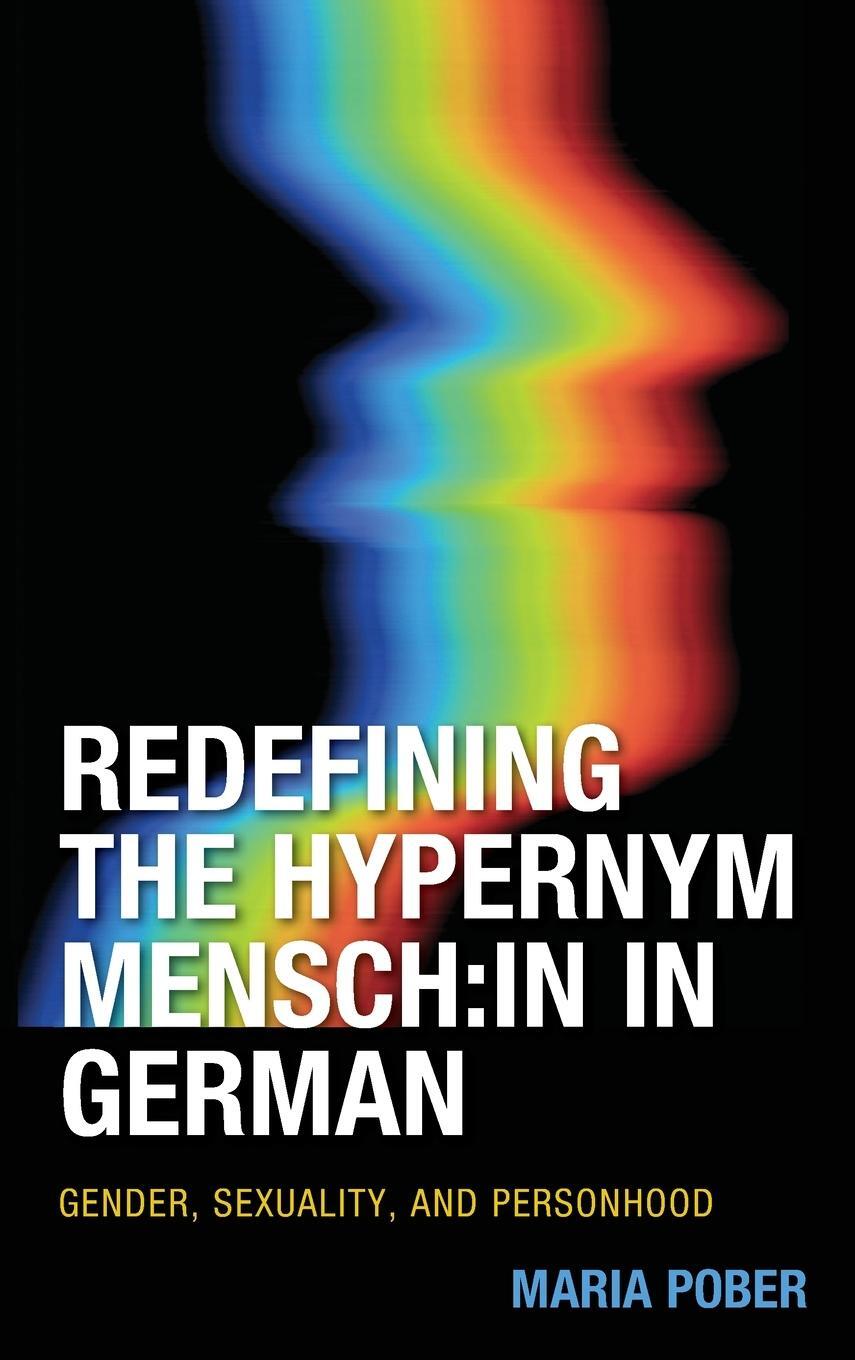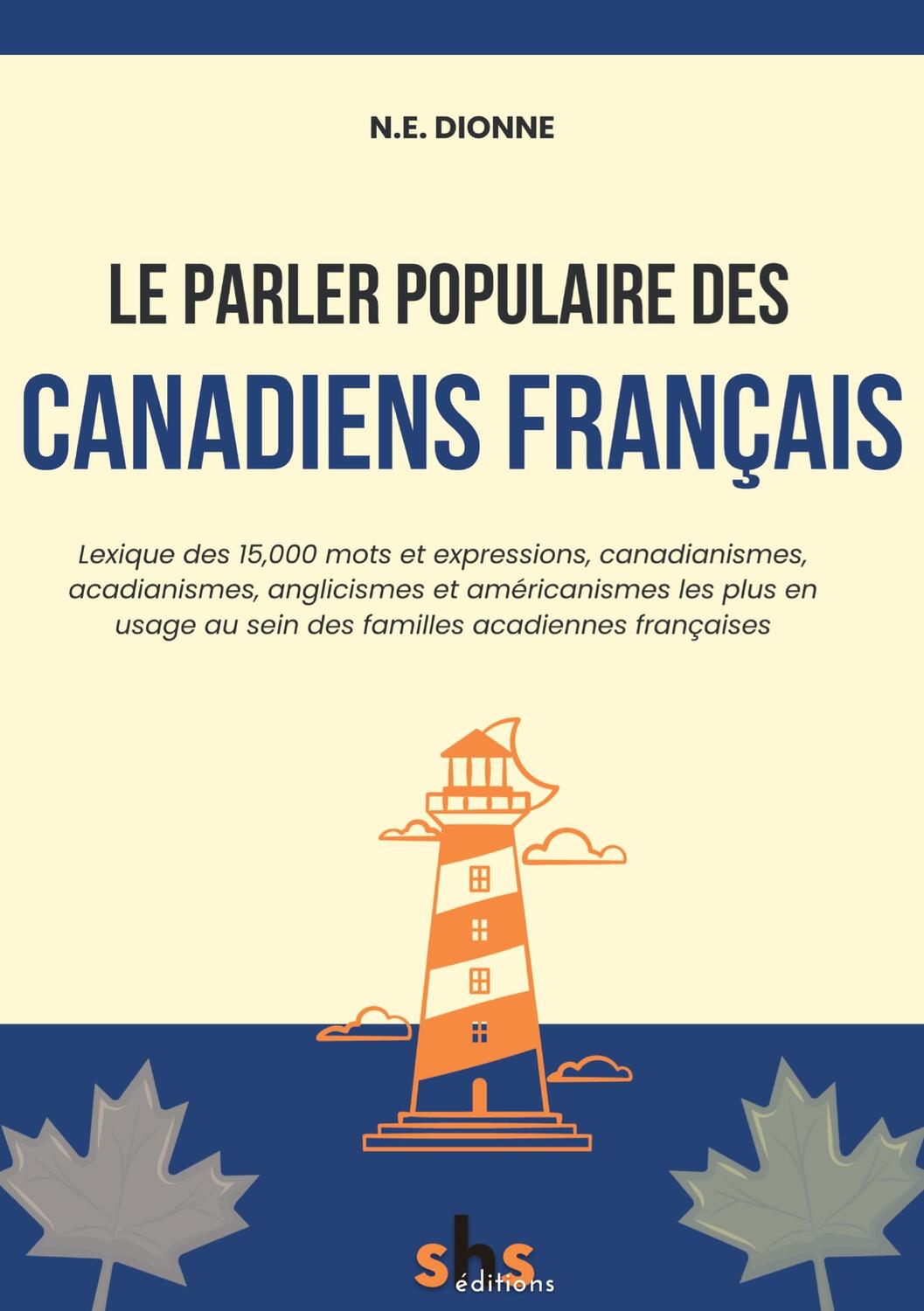Dekorationsartikel gehören nicht zum Leistungsumfang.
Sprache:
Englisch
60,00 €*
Versandkostenfrei per Post / DHL
Lieferzeit 2-3 Wochen
Kategorien:
Beschreibung
Sanzhi Dargwa belongs to the Dargwa (Dargi) languages (ISO dar; Glottocode sanz1248) which form a subgroup of the East Caucasian (Nakh-Dagestanian) language family. Sanzhi Dargwa is spoken by approximately 250 speakers and is severely endangered. This book is the first comprehensive descriptive grammar of Sanzhi, written from a typological perspective. It treats all major levels of grammar (phonology, morphology, syntax) and also information structure. Sanzhi Dargwa is structurally similar to other East Caucasian languages, in particular Dargwa languages. It has a relatively large consonant inventory including pharyngeal and ejective consonants. Sanzhi morphology is concatenative and mainly suffixing. The language exhibits a mixture of dependent-marking in the form of a rich case inventory and head-marking in the form of verbal agreement. Nouns are divided into three genders. Verbal inflection conflates tense/aspect/mood/evidentiality in a rich array of synthetic and analytic verb forms as well as participles, converbs, a masdar (verbal noun), and infinitive and some other forms used in analytic tenses and subordinate clauses. Salient traits of the grammar are two independently operating agreement systems: gender/number agreement and person agreement. Within the nominal domain, modifiers agree with the head nominal in gender/number. Agreement within the clausal domain is mainly controlled by the argument in the absolutive case. Person agreement operates only at the clausal level and according to the person hierarchy 1, 2 > 3. Sanzhi has ergative alignment in the form of gender/number agreement and ergative case marking. The most frequent word order at the clause level is SOV, though all other logically possible word orders are also attested. In subordinate clauses, word order is almost exclusively head-final.
Sanzhi Dargwa belongs to the Dargwa (Dargi) languages (ISO dar; Glottocode sanz1248) which form a subgroup of the East Caucasian (Nakh-Dagestanian) language family. Sanzhi Dargwa is spoken by approximately 250 speakers and is severely endangered. This book is the first comprehensive descriptive grammar of Sanzhi, written from a typological perspective. It treats all major levels of grammar (phonology, morphology, syntax) and also information structure. Sanzhi Dargwa is structurally similar to other East Caucasian languages, in particular Dargwa languages. It has a relatively large consonant inventory including pharyngeal and ejective consonants. Sanzhi morphology is concatenative and mainly suffixing. The language exhibits a mixture of dependent-marking in the form of a rich case inventory and head-marking in the form of verbal agreement. Nouns are divided into three genders. Verbal inflection conflates tense/aspect/mood/evidentiality in a rich array of synthetic and analytic verb forms as well as participles, converbs, a masdar (verbal noun), and infinitive and some other forms used in analytic tenses and subordinate clauses. Salient traits of the grammar are two independently operating agreement systems: gender/number agreement and person agreement. Within the nominal domain, modifiers agree with the head nominal in gender/number. Agreement within the clausal domain is mainly controlled by the argument in the absolutive case. Person agreement operates only at the clausal level and according to the person hierarchy 1, 2 > 3. Sanzhi has ergative alignment in the form of gender/number agreement and ergative case marking. The most frequent word order at the clause level is SOV, though all other logically possible word orders are also attested. In subordinate clauses, word order is almost exclusively head-final.
Über den Autor
Diana Forker is a full professor of Caucasus Studies at the University of Jena. She completed her PhD at the Max Planck Institute for Evolutionary Anthropology in Leipzig, and subsequently worked at the University of Bamberg and as a Feodor Lynen Fellow at the James Cook University in Cairns. Her main interests are languages of the Caucasus, typology, and morphosyntax and sociolinguistics. She currently works language contact and a lexical database of the languages spoken in the Caucasus. Among her recent publications are Word Hunters: Field Linguists on Fieldwork (edited together with Hannah Sarvasy, 2018), a special volume of Linguistics dedicated to agreement (edited together with Geoffrey Haig, 2018) and several articles on different aspects of East Caucasian languages.
Zusammenfassung
Erhältlich bei:
Books on Demand GmbH, In de Tarpen 42, 22848 Norderstedt
Tel. : +49 40 - 53 43 35-0
Fax +49 40 - 53 43 35-84
Email [...]
Web: [...]
Books on Demand GmbH, In de Tarpen 42, 22848 Norderstedt
Tel. : +49 40 - 53 43 35-0
Fax +49 40 - 53 43 35-84
Email [...]
Web: [...]
Details
| Erscheinungsjahr: | 2020 |
|---|---|
| Rubrik: | Sprachwissenschaft |
| Medium: | Buch |
| Seiten: | 624 |
| Reihe: | Languages of the Caucasus 2 |
| Inhalt: |
624 S.
8 farbige Illustr. |
| ISBN-13: | 9783961101979 |
| ISBN-10: | 3961101973 |
| Sprache: | Englisch |
| Ausstattung / Beilage: | HC runder Rücken kaschiert |
| Einband: | Gebunden |
| Autor: | Forker, Diana |
| Hersteller: |
Language Science Press
Freie Universitt Berlin Languages of the Caucasus 2 |
| Maße: | 246 x 175 x 44 mm |
| Von/Mit: | Diana Forker |
| Erscheinungsdatum: | 17.02.2020 |
| Gewicht: | 1,35 kg |
Über den Autor
Diana Forker is a full professor of Caucasus Studies at the University of Jena. She completed her PhD at the Max Planck Institute for Evolutionary Anthropology in Leipzig, and subsequently worked at the University of Bamberg and as a Feodor Lynen Fellow at the James Cook University in Cairns. Her main interests are languages of the Caucasus, typology, and morphosyntax and sociolinguistics. She currently works language contact and a lexical database of the languages spoken in the Caucasus. Among her recent publications are Word Hunters: Field Linguists on Fieldwork (edited together with Hannah Sarvasy, 2018), a special volume of Linguistics dedicated to agreement (edited together with Geoffrey Haig, 2018) and several articles on different aspects of East Caucasian languages.
Zusammenfassung
Erhältlich bei:
Books on Demand GmbH, In de Tarpen 42, 22848 Norderstedt
Tel. : +49 40 - 53 43 35-0
Fax +49 40 - 53 43 35-84
Email [...]
Web: [...]
Books on Demand GmbH, In de Tarpen 42, 22848 Norderstedt
Tel. : +49 40 - 53 43 35-0
Fax +49 40 - 53 43 35-84
Email [...]
Web: [...]
Details
| Erscheinungsjahr: | 2020 |
|---|---|
| Rubrik: | Sprachwissenschaft |
| Medium: | Buch |
| Seiten: | 624 |
| Reihe: | Languages of the Caucasus 2 |
| Inhalt: |
624 S.
8 farbige Illustr. |
| ISBN-13: | 9783961101979 |
| ISBN-10: | 3961101973 |
| Sprache: | Englisch |
| Ausstattung / Beilage: | HC runder Rücken kaschiert |
| Einband: | Gebunden |
| Autor: | Forker, Diana |
| Hersteller: |
Language Science Press
Freie Universitt Berlin Languages of the Caucasus 2 |
| Maße: | 246 x 175 x 44 mm |
| Von/Mit: | Diana Forker |
| Erscheinungsdatum: | 17.02.2020 |
| Gewicht: | 1,35 kg |
Warnhinweis

